
Mentoring at ACEMS
ACEMS defines mentoring as a process that involves a more experienced or more knowledgeable person helping to guide a less experienced or less knowledgeable person in their learning and development to formulate and achieve their goals. Our mentoring programs occur on an ongoing basis and may have either a formal or informal structure.
ACEMS facilitates a range of mentoring activities for its members, through individual meetings, cross-node visits, online forums, workshops and conferences, and Centre-scale retreats.
One-on-one mentoring relationships
In the final year of operations, the Centre chose not to conduct another round of mentor-mentee matchmaking. Instead, the Centre focused on supporting the existing mentoring relationships that continued into 2021 and those that formed spontaneously throughout the year via informal, more organic self-pairing processes such as the mentoring relationship that developed between Stakeholder Engagement Officer Angela Dahlke and PhD Student Katie Buchhorn. Katie spent time during the COVID-19 pandemic writing a children’s book that she both authored and illustrated. The Centre has supported Katie’s outreach efforts and encouraged her social entrepreneurial efforts to realise her community-focused aims.
The Centre provided a range of mentoring support and resources for mentors and mentees which included:
- A dedicated Project Officer (Tracy Kelly) for day-to-day support.
- A dedicated Mentoring Channel on the Centre’s Slack account for informal mentoring opportunities and support.
- The Centre’s Alumni program and vast professional networks in Australia and abroad.
- Training and development workshops and activities including several sessions at the Final Retreat, podcasts, and seminars.
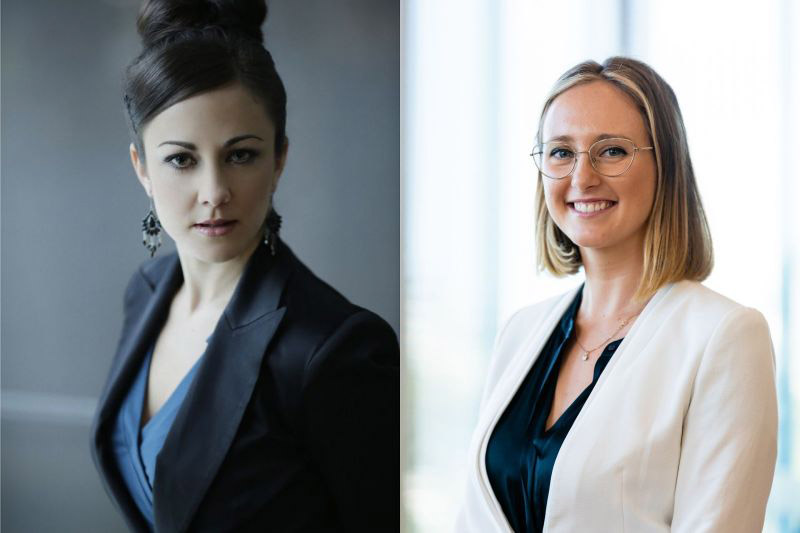
Mentoring spotlight: Stakeholder Engagement Officer Angela Dahlke (left) and PhD Student Katie Buchhorn (right)
ACEMS PhD Student, Author, Illustrator, Poet, and Social Impact Entrepreneur Katie Buchhorn spent time during the COVID-19 pandemic writing a children’s book that she both authored and illustrated.
Venturing can take many forms, as Katie demonstrated in her book entitled “Wondrous Worlds” that celebrates mathematics and the opportunities it affords. Katie published the book in early 2021, and aims to:
- Deliver important messages (in a fun, engaging, evocative, and poetic format, that’s accessible to readers of all ages) highlighting the beauty and value of the mathematical sciences
- Engage audiences via spoken-word poetry readings and outreach to school students
- Better inform students regarding career-opportunities enabled by pursuing STEM studies
- Contribute profits generated from book sales towards realising a positive impact for mathematics education and participation.
ACEMS has supported Katie’s outreach efforts and encouraged her social entrepreneurial efforts to realise these aims, with ongoing support and mentorship from people like the Centre’s Stakeholder Engagement Officer Angela Dahlke; Angela has a background in entrepreneurship lecturing and training.
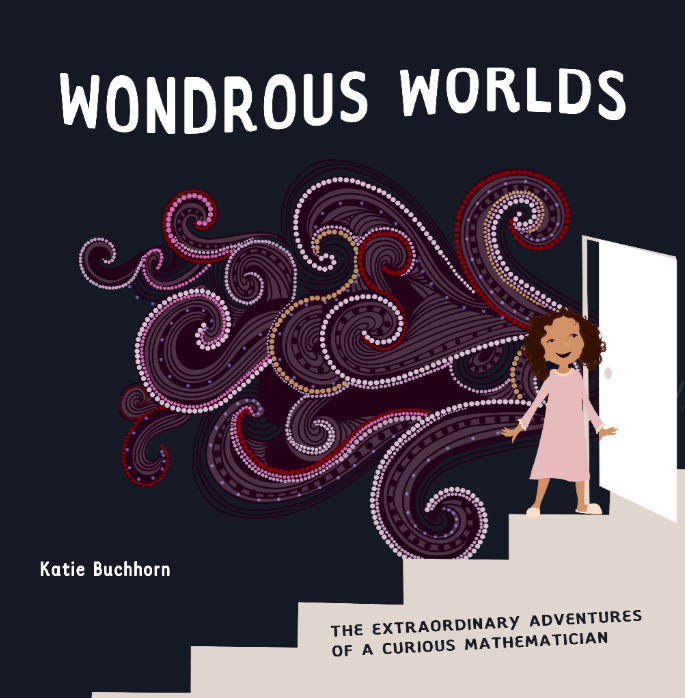
Wondrous Worlds follows “the adventures of a curious and creative young mathematician as she embarks on an awe-inspiring journey” and travels “in space and time through the landscapes of abstract logic, technology, computer thoughts and data science”.
The book celebrates the “worlds of opportunity await those who dream in numbers”, the power of a growth mindset, diversity in STEM, and the vast and varied worlds of – and diverse career opportunities enabled by pursuit of studies in – Science, Technology, Engineering and Maths (STEM).
Mentoring podcasts
2021 saw the launch of the fifth and six seasons of the ACEMS podcast “The Random Sample”. Many of the podcasts discussed topics with a mentoring angle, some more recent highlights included:
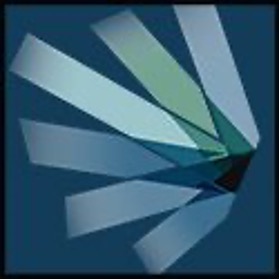
Episode 68: The Story of ACEMS
At the end of 2021, our Centre finishes up. ACEMS brought together researchers across the mathematical sciences, from the theoretical to the very applied.
In this episode, we explore the impact ACEMS has had on those sciences, and beyond, to organisations in government and industry. Plus, our most important legacy - the next generation of research leaders and teachers.
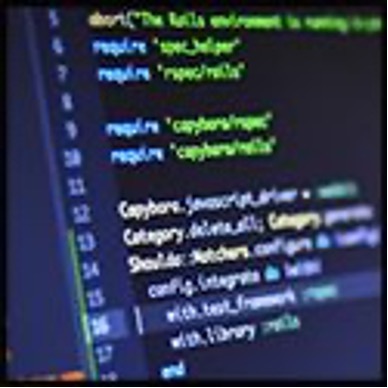
Episode 66: Software as a First Class Research Output
Thanks to the efforts of ACEMS Chief Investigator Rob Hyndman, the School of Business at Monash University now recognises software as a first class research output. In this episode, we explore the role of software in the research process, including both the opportunities and challenges for researchers creating it, and whether other universities might follow the lead set by the Monash Business School in recognising the importance of software.
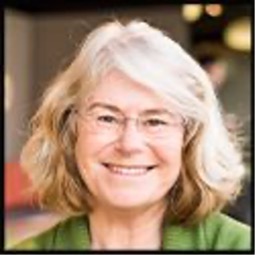
Episode 64: Innovation in Data Visualisation
Monash University Professor of Statistics Di Cook is considered a world leader in Data Visualisation.
In this episode, Di shares some of her new, innovative work into Data Visualisation. She also discusses why she is such a big proponent of reproducible research and open-source software.
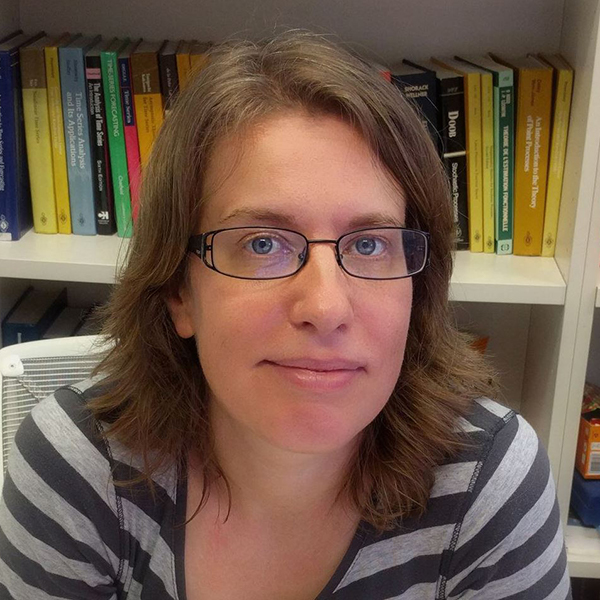
Episode 63: Talking Stats with Aurore Delaigle
Aurore Delaigle is a Professor of Statistics at The University of Melbourne and a Fellow of both the Australian Academy of Science and the American Statistical Association
Aurore’s passion is using statistics to tackle challenging questions that solve real, practical problems. In this episode, we explore some of the different problems she is taking on with her statistical expertise.
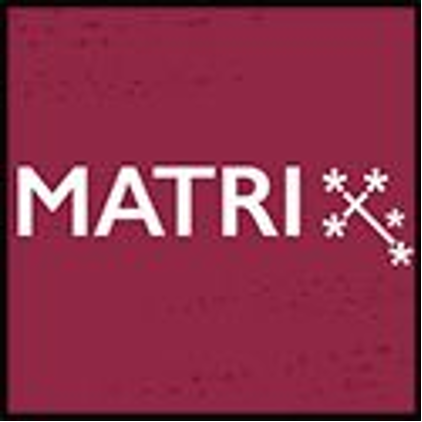
Episode 62: Maths at MATRIX
What does mathematical research look like? If you visit Australia's residential mathematics research institute, you might be surprised by what you see. It's called MATRIX and it's located in regional Victoria.
In this episode, we explore the importance of mathematics research, how it's done, and the unique environment MATRIX provides for mathematicians to make their research happen.
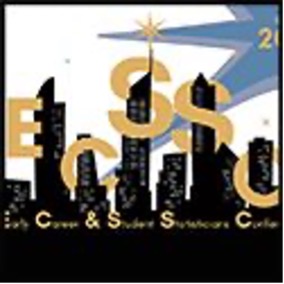
Episode 54: The future of statistics is in good hands: the Early Career & Student Statisticians Conference
In a world that’s more data-driven than ever before, we need people who can analyse and find the hidden stories within the data.
In this episode, we explore the future of statistics with two early career statisticians who took very different paths to get where they are now. We also give you a sneak peak at the upcoming Early Career and Student Statistician’s Conference.
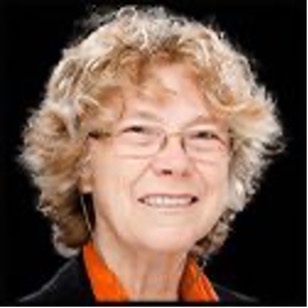
Episode 53: A Chat with Professor Cheryl Praeger
She is considered one of Australia’s greatest mathematicians. Professor Cheryl Praeger turned her passion for the mathematics of symmetry into a long and distinguished career at the University of Western Australia.
In this episode, we chat with Cheryl about her career, her mathematics, the many honours she has been given, and her passion for advancing mathematics education and women in STEM.

Episode 51: The Road Ahead for Women in STEM
In May 2021, the mathematical sciences community celebrated International Women in Mathematics Day. To mark the day, ACEMS hosted a panel discussion titled, "The Road Ahead for Women in STEM".
Featuring three female leaders in Australian academia, we explored efforts to increase diversity in maths and science.
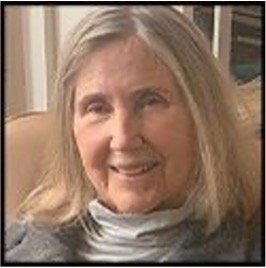
Episode 45: The International Prize in Statistics
The International Prize in Statistics is considered the top award in the field of statistics. This year, it was awarded to Harvard Biostatistician Professor Nan Laird.
In this episode, we chat with Professor Laird about the award as she looks back on her career. Joining us is one of her former PhD students turned colleague, Harvard Professor Garrett Fitzmaurice.
You can find the complete list and details of seasons five and six of The Random Sample here.
Mentoring seminars and workshops
The ACEMS seminar series continued into 2021. As usual the series included a mix of technical ‘how to’ workshops, equity and diversity topics, and mentoring-focused professional and career development seminars and workshops.
Normally delivered at a variety of nodes and streamed live, many of the sessions were conducted virtually as webinars instead, but the opportunity for Q&A generated some great discussions both during and after the events.
2021 SEMINARS/WORKSHOPS
| Title | Presenter(s) | Type |
|---|---|---|
| A particle method for Fredholm Integral Equations of the First Kind | Francesca Crucinio | Technical Talk |
| A vision for an academic system where everyone's talent is recognised | Emma Burrows | Equity and Diversity Seminar |
| Bayesian hierarchical stacking: all models are wrong, but some are somewhere useful | Yuling Yao | Technical Talk |
| Emulation of Lagrangian particle dispersion model sensitivities using a convolutional variational autoencoder | Laura Cartwright | Technical Talk |
| Euler approximation schemes for piecewise deterministic Markov processes | Andrea Bertazzi | Technical Talk |
| Explainable analytics for "black-box" machine intelligence | Catarina Moreira & Chun Ouyang | Technical Talk |
| Greta: Simple and scalable statistical modelling in R | Nick Tierney | Technical Talk |
| Intrinsic dimensions | Antonietta Mira | Technical Talk |
| Mental health essentials for ACEMS researchers and graduate research students | Orania Tokatlidis | Equity and Diversity Seminar |
| Quantifying the effect of electric fields on single cell motility | Ruth Baker | Technical Talk |
| Spectral theory and asymptotic variance of piecewise deterministic samplers | Joris Bierkens | Technical Talk |
| Supporting each other and overcoming challenges in uncertain times | John Barletta | Equity and Diversity Seminar |
| Tackling global issues: Change | Rebecca Killick | Technical Talk |
| Working in R smarter, faster and more securely | Katie Buchhorn | Technical Talk |
Videos of the technical talks are available here.








